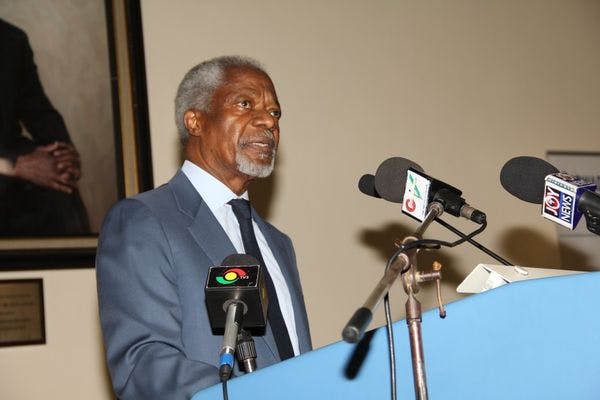Un futur compliqué : Réforme ouest-africaine de la politique des drogues
Natalie Nogueira enquête sur la relation complexe de l’Afrique de l’Ouest aux drogues : interaction entre le trafic, la consommation et ce que réserve l’avenir.
Pour en savoir plus, en anglais, veuillez lire les informations ci-dessous.
Abonnez-vous à l'Alerte mensuelle de l'IDPC pour recevoir des informations relatives à la politique des drogues.
By Natalie Nogueira
The United Nations General Assembly Special Session on the World Drug Problem (UNGASS) from April 19th to 21st, 2016, was meant to be a monumental event. In fact, it was only the second time in history that the international community had come together to re-evaluate the drug control regime in this way. The first UNGASS was in 1998, when delegates proclaimed that we “should have a drug-free world by 2008”. Over a decade later, the UN openly admitted that “the war on drugs has failed”. Indeed, to have uttered hopes for a “drug-free world” at UNGASS 2016 would have earned you several disapproving looks. To revaluate the way forward, UN member states spent two years organizing under the direction of the UN’s Commission on Narcotic Drugs (CND) to write an outcome document for UNGASS 2016. The outcome document, which is the new guide for international drug policy, details how countries should continue to enforce the three international drug control convention but with greater on human rights, socio-economic development, health, and the welfare of mankind. The attitudes therein represent a large break from a drug war past.
As a representative of the Youth Alliance for Leadership and Development in Africa, I applied to observe the UNGASS “round-table debates” as an NGO. Upon arrival, I discovered that the atmosphere was relaxed enough that I could sit in the symbolically empty chair of the African Union unnoticed for the week. From the African Union’s seat in the back, it became evident that the giant conference hall with its the alphabetically ordered representatives acted as a mini-ecosystem, reflective of greater patterns in the drug policy world.
Read the full article here
Keep up-to-date with drug policy developments by subscribing to the IDPC Monthly Alert.
Régions
Profils associés
- West Africa Commission on Drugs (WACD)
